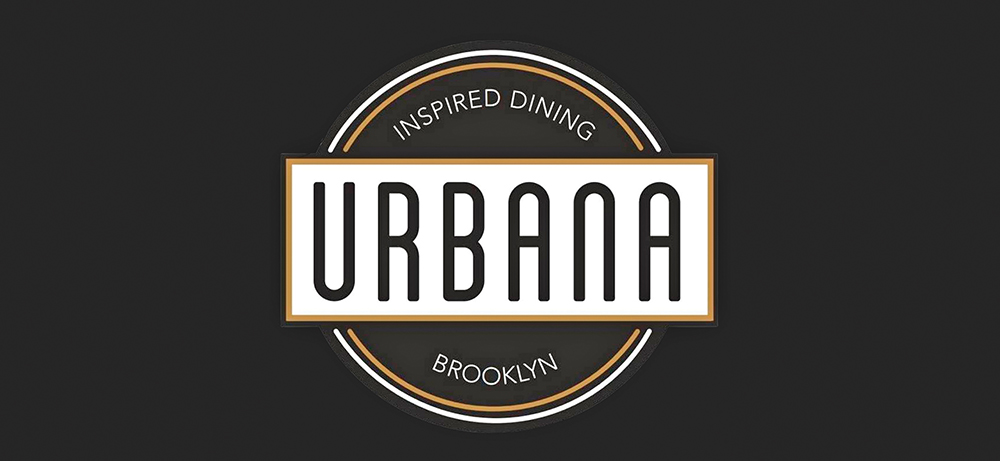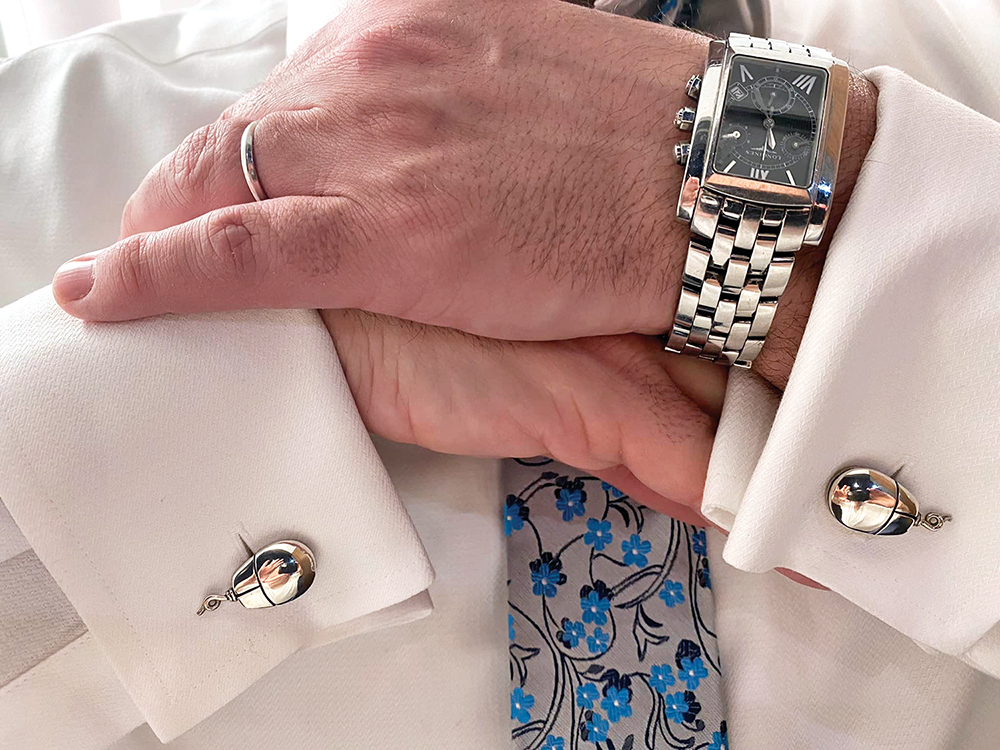1. DO wait to confront your teen about his or her drinking and/or drugging until he or she is not under the influence. Keep communication lines open and use “I” statements.
2. DO keep in mind that you are not responsible for your teen’s behavior. Making excuses is not necessary.
3. DO allow your teen to be responsible for his/her own messes and predicaments.
4. DO allow your teen to take responsibility for his/her drinking and/or drug use behavior. You are responsible for the environment.
5. DO provide and maintain consistent consequences for drunken and drugging behavior, which causes havoc in family life or destroys the home.
6. DO allow your behavior to be of your own choosing and not controlled by your teen’s using.
7. DO view your teen as being out of control rather than lacking in will power or backbone.
8. DO remember that the way your teen acts when drinking/drugging isn’t an indication of the lack of love. Drink/drugs take over the personality, producing drastic changes.
9. DO be patient with your teen. Always let him/her save face with healthy alternatives.
10. DO present consequences that you are willing to back up. Keep them logical. Have your teen become involved in establishing rules in your home.
11. DO attempt to become involved with and communicate with your teen. Encouragement is invaluable.
12. DO seek information and support. You’re not alone. Learn as much as you can about the reality of substance use and abuse. Be part of a network. Meet with a specialist in this area.
1. DON’T confront your teen when he/she is under the influence.
2. DON’T make excuses to your spouse, family, friends and school authorities for your teen’s drinking/drugging.
3. DON’T take responsibility for your teen’s drinking/drug problem.
4. DON’T accept as normal behavior a drunken or drug-affected teen who comes home and destroys the home or creates havoc in the family.
5. DON’T nag or holler at a teen about drinking/drug use.
6. DON’T clean up your alcohol/drug abusing teen’s messes or predicaments.
7. DON’T let yourself be ruled by the teen’s substance abusing behavior.
8. DON’T view your teen as lacking will power or backbone.
9. DON’T assume that your teen doesn’t love you because of the way he acts while under the influence.
10. DON’T be patronizing or indulgent.
11. DON’T play “amateur detective.”
12. DON’T give substance abusing teen money except for a minimal allowance.
13. DON’T make threats you will not follow through with.













